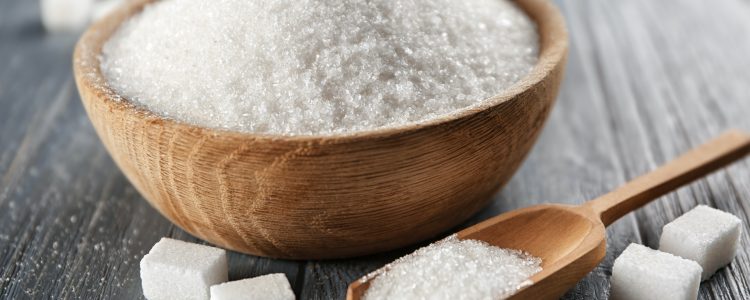Artificial Sweeteners

What’s it to be – SUGAR? Or ‘Non-caloric artificial sweeteners’ ?
Artificial sweeteners are the most widely used food additives worldwide. They have spawned a multi-million pound ‘diet-foods’ industry and by interacting with our taste receptors, provide us with the sweetness of sugar without the calories. So who thinks they are better for us than sugar? You would not be alone if you said yes.
Intuitively most people choose ‘diet’ brands or ‘lite’ – ‘zero sugar’ options thinking they are healthier, hoping to lose or maintain weight. They may arguably be useful options for diabetic patients, who have to control their sugar intake, and the marketing hype portraying them as the healthier alternative is quite convincing. However research indicates that the vast majority of people who regularly consume them will actually gain weight.
Wow, ‘the weighty cost of artificial sweeteners’ – I have always suspected these tiny innocuous looking alternatives (saccharin, sucralose, xylitol, aspartame) were actually wolves in sheep’s clothing!
Large scale epidemiologic studies have shown a strong relationship between regular consumption of artificial sweeteners, and increased weight gain and metabolic diseases. A 2014 study showed that opting for artificial sweeteners is not the healthier alternative suggested by soft drinks manufacturers. The data indicated that consumption of artificial sweeteners may actually contribute to – rather than alleviate – obesity related metabolic conditions, by virtue of how they encourage sugar craving and dependency as well as alter the composition and function of the resident bacteria in the gut.
Research
Research published in ‘Nature’ journal, shows how some artificial sweeteners significantly altered the gut microflora of 400 people, and not in a good way, whilst others resulted in ‘raised blood glucose’ at significantly higher levels than if sugar had been consumed, whilst also altering fat metabolism and impairing ‘glucose tolerance’. So you may be avoiding calories, but the research made clear, your risk of diseases like diabetes and cardiovascular disease may actually increase.
Some artificial sweeteners do have a seemingly rational mode of action, in that because they can’t be digested in the small intestine, they can’t be absorbed like sugar and glucose. Instead they pass through the digestive tract intact, reaching the bacterial colonies residing in the lower large intestine, where they can produce IBS type symptoms. Polyols like sorbitol, mannitol, xylitol and lactitol, are one such group that don’t raise blood glucose levels, but can produce gastrointestinal symptoms of flatulence, abdominal discomfort and laxative effects.
So if weight management is your goal, reduce sugar intake naturally by ensuring meals are balanced with protein and healthy fats, both of which satiate, they stunt the appetite, make you feel fuller for longer and sustain energy levels for longer too. This will help to keep cravings for sweet unhealthy snacks at bay. And lastly, keep food REAL, not chemically altered and processed.
Reference
Suez et al., (2014) Artificial Sweeteners induce glucose intolerance by altering the gut microbiota. Nature http://www.ncbi.nlm.nih.gov/pubmed/25231862
